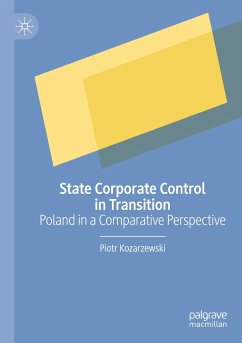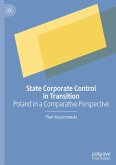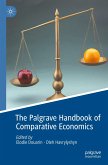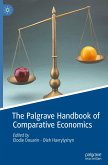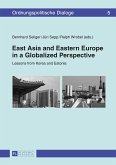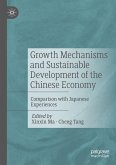Since the global financial crisis of 2008-2009, there has been a growing interest among policy makers towards the more active role of the state in the enterprise sector. This book provides valuable insight into the changing role of state-owned enterprises in economic policy, a topic at the cross section of several interrelated, but usually independent research streams first of all transition research, varieties of capitalism literature, public choice approach and institutionalism studies. With the existing literature on state ownership concentrating on the developed economies and on selected emerging economies, this book fills an important gap in focusing on the post-communist transition countries. The Polish experience is looked at in a comparative perspective of selected transition countries, which deserve special attention as they had to cope with a radical change of their economic policies towards the enterprise sector. This book will be valuable reading foracademics in economic policy, transition economics, and institutional economics, and policy makers and practitioners in EU bodies and emerging economies.
Bitte wählen Sie Ihr Anliegen aus.
Rechnungen
Retourenschein anfordern
Bestellstatus
Storno

